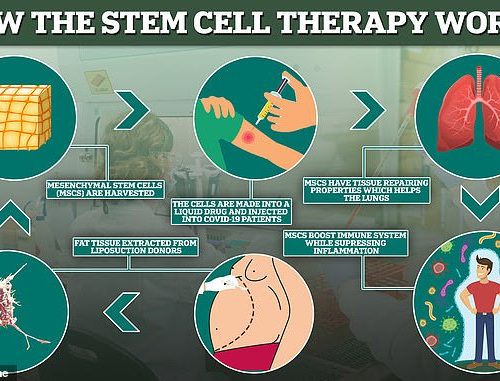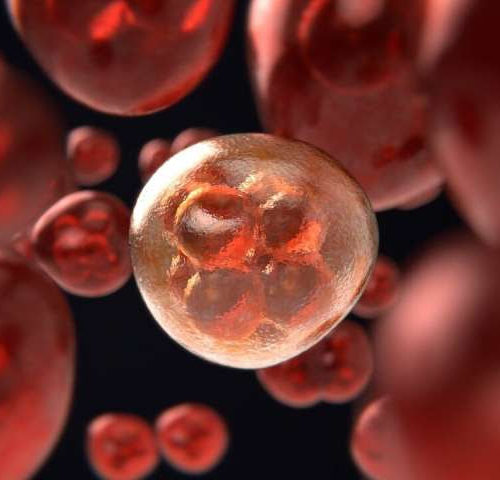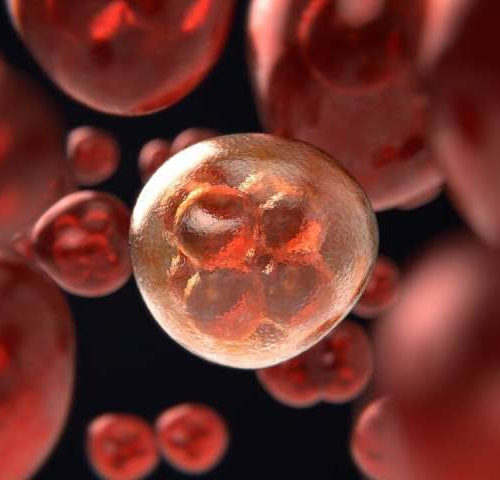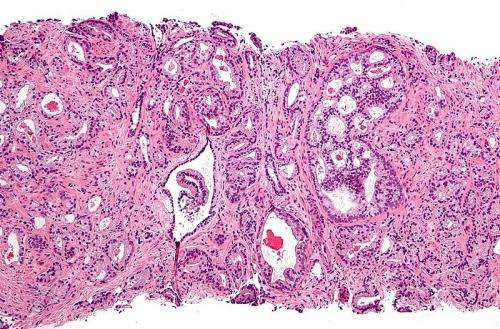by Max Planck Society As we age, the immune system gradually becomes impaired. One aspect of this impairment is chronic inflammation in the elderly, which means that the immune system is constantly active and sends out inflammatory substances. Such chronic inflammation is associated with multiple age-related diseases including arthritis and Alzheimer’s disease, and impaired immune...
Arthritis drugs found to be effective in treatment of disease that causes deformity of the hand
by University of Glasgow A condition which causes deformity of the hand—leading in the most severe cases to impairment and disability—can now be successfully treated by using drugs developed in recent years for the treatment of different forms of arthritis, researchers at the University of Glasgow have found. Their findings are reported in the journal...
New vitamin K-based drug shows promise against medication-resistant epilepsy
Researchers at the Medical University of South Carolina have formulated a vitamin K-based compound that, due to its unique structure and mechanism, eliminates medication-resistant epileptic seizures in mice tested to date. Credit: Sarah Pack, Medical University of South Carolina In the cover article of the June 11 issue of the Journal of Medicinal Chemistry, a...
Liposuction treatment hope for coronavirus: Stem cells taken from fat-reduction donors boosts survival rates FIVE-fold for critically-ill patients hooked up to ventilators
Of a small number of patients, 15% died compared with the 85% expected Overall 70% of patients who were on the brink of death saw improvements The researchers admitted they did not expect such positive results The treatment works by injecting patients with cells taken from fat tissue The stem cells are known to bolster...
Study pinpoints brain cells that trigger sugar cravings and consumption
by Jennifer Brown, University of Iowa The hormone FGF21 is made in the liver and acts in the brain to suppress sugar intake and the preference for sweet taste. The cartoon illustrates the role FGF21 plays in food choices.Understanding the biological mechanisms that control sugar intake and preference for sweet taste could have important implications...
Better vaccines are in our blood
by Harvard University Red blood cells do more than shuttle oxygen from our lungs to our organs: they also help the body fight off infections by capturing pathogens on their surfaces, neutralizing them, and presenting them to immune cells in the spleen and liver. Now, a team of researchers from Harvard’s Wyss Institute for Biologically...
Researchers reveal discovery of new cancer drug fadraciclib
by Institute of Cancer Research Scientists have revealed details of the discovery of a new cancer drug that could be used to treat a range of cancer types, including some blood cancers and solid tumors. The drug, called fadraciclib, was jointly discovered by scientists at The Institute of Cancer Research, London, in collaboration with the...
Potential causal role of human papilloma viruses (HPVs) in prostate cancers
by BioMed Central Human papilloma viruses (HPVs) – a common group of viruses known to cause cervical cancers—may also have a causal role in prostate cancer, according to a literature review published in the open access journal Infectious Agents and Cancer, supporting the case for universal HPV vaccination. James Lawson and Wendy Glenn, at the...
Scientists ID gene responsible for deadly glioblastoma
UNIVERSITY OF VIRGINIA HEALTH SYSTEM THE DISCOVERY OF THE ONCOGENE RESPONSIBLE FOR GLIOBLASTOMA COULD BE THE BRAIN TUMOR’S ACHILLES’ HEEL, SAYS HUI LI, PHD, OF THE UNIVERSITY OF VIRGINIA SCHOOL OF MEDICINE AND THE UVA… view more CREDIT: UVA HEALTH Scientists have identified an oncogene (a cancer-causing gene) responsible for glioblastoma, the deadliest brain tumor....
Moffitt researchers find dual inhibitor may be safer for CLL patients
Treatment with the PI3K/ CK1ε inhibitor umbralisib showed fewer immune-mediated adverse reactions compared to PI3K inhibitor therapy H. LEE MOFFITT CANCER CENTER & RESEARCH INSTITUTE TAMPA, Fla. — Chronic lymphocytic leukemia (CLL) is the most common leukemia in adults. One in four new leukemia cases are CLL. Early-stage CLL patients often do not require therapy,...








